Upward-Sloping Rents for an Upward-Sloping Nabe: How Park Slope Got Its Name
Referred to by some locals as Park Stroller, Park Slope is known for its abundance of families with young children, as well as its landmarked brownstones, elite public schools and pricey real estate.

14th Street between 6th and 7th avenues in Park Slope in the early 20th century. Photo via the Wooden House Project
Brownstoner takes on Brooklyn history in Nabe Names, a series of briefs on the origins and surprising stories of neighborhood nomenclature.
Referred to by some locals as Park Stroller, Park Slope is known for its abundance of families with young children.
The neighborhood is also defined by its landmarked brownstones, elite public schools and pricey real estate, not to mention a proliferation of churches, an armory and two quaint commercial avenues. The neighborhood, formerly the site of one of one of the world’s deadliest aviation disasters, is today far more frequently associated with safe streets and high rents than the historic plane crash.
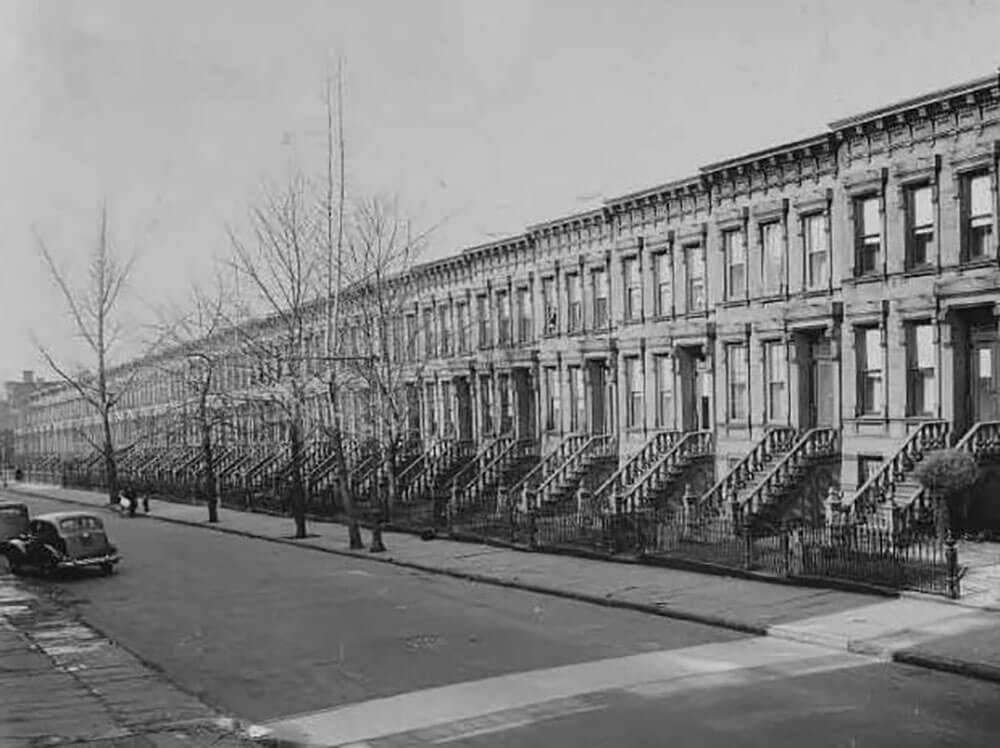
Large and residential, Park Slope includes a southern subsection known as South Slope — a recent naming for the area that, not long ago, was considered much less desirable than it is today.
The nabe’s name refers to the upward sloping of the area’s streets toward Prospect Park. Back in the late 19th century, when the area was more or less nameless, a variety of titles were considered, all of them taking into account the park and the slope.
“It is amusing to see the attempt made to fix upon a name for the rapidly growing part of Brooklyn near Prospect Park,” reads an 1889 article in the Brooklyn Daily Eagle titled “Slope, Heights or Hill?”
The piece goes on to note that, at the time, the area was referred to as everything from Park Slope and Park Hill Side to Prospect Heights and Prospect Hill.
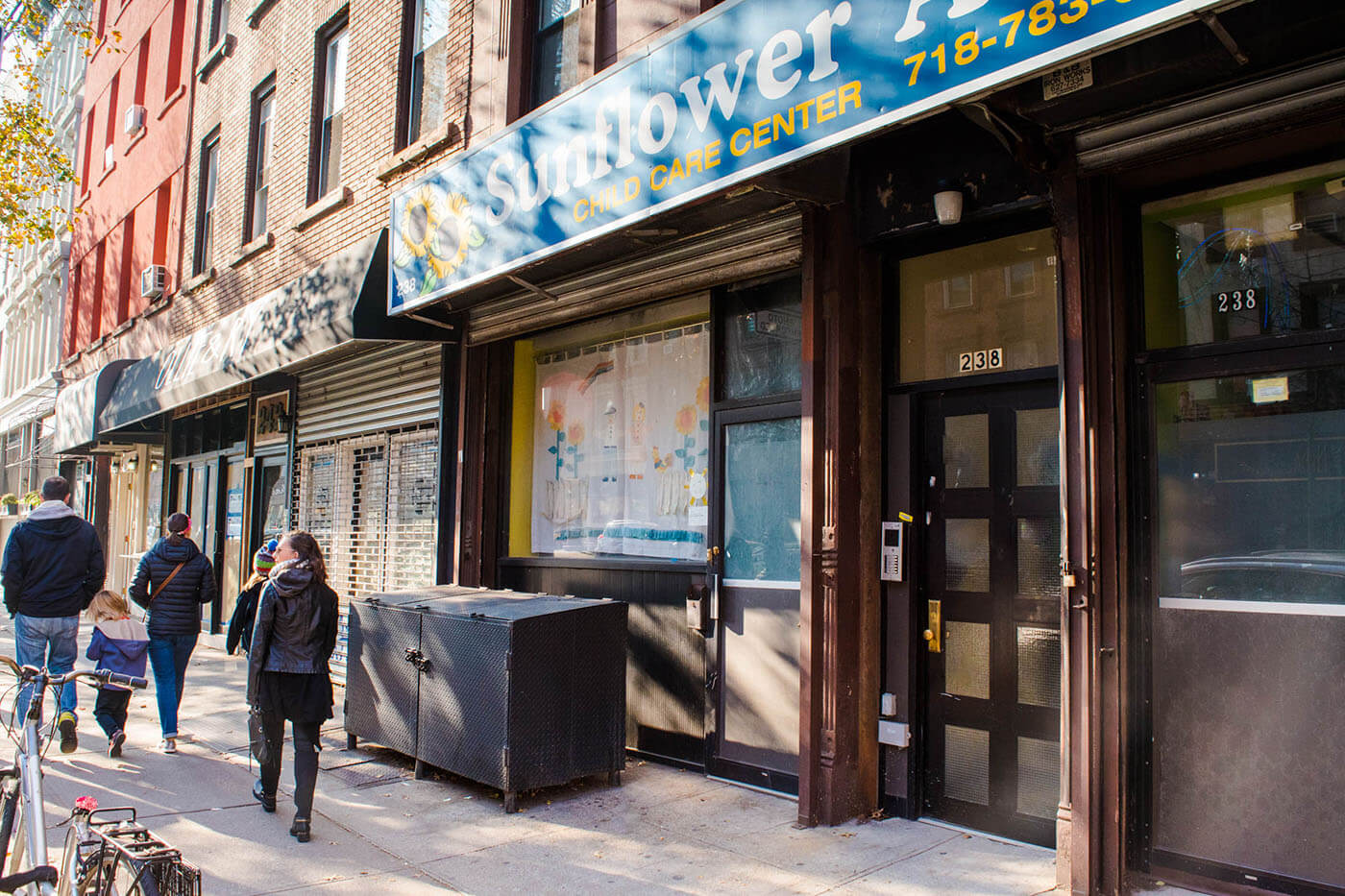
Related Stories
In 1890, This “Gothic, Romanesque, French Renaissance” Home Captivated Park Slope
Minimalists Overhaul Park Slope Townhouse to Create Scandinavian-Inspired Dream Home
Remembering the Park Slope Plane Crash on Its 55th Anniversary
Email tips@brownstoner.com with further comments, questions or tips. Follow Brownstoner on Twitter and Instagram, and like us on Facebook.

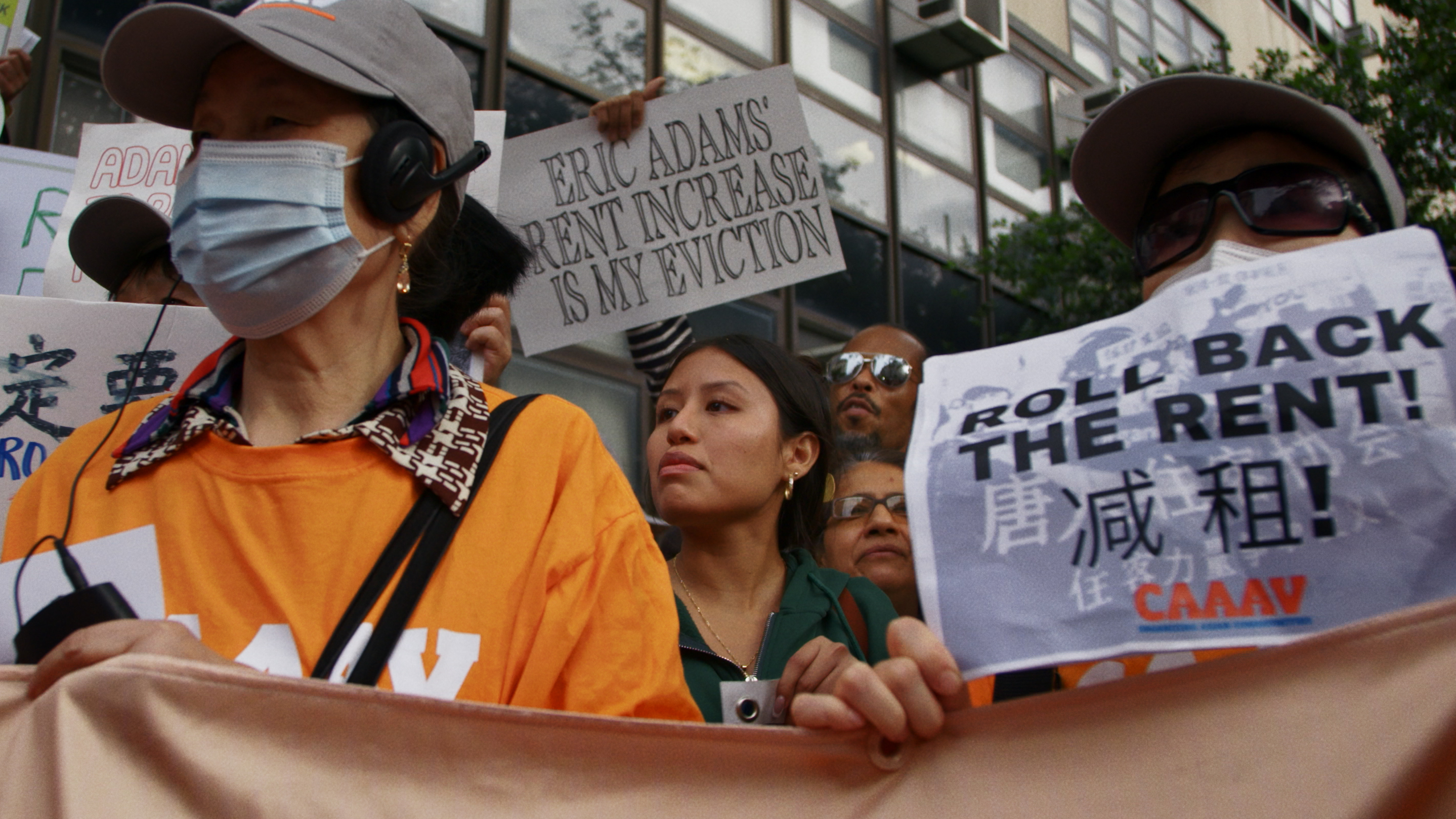
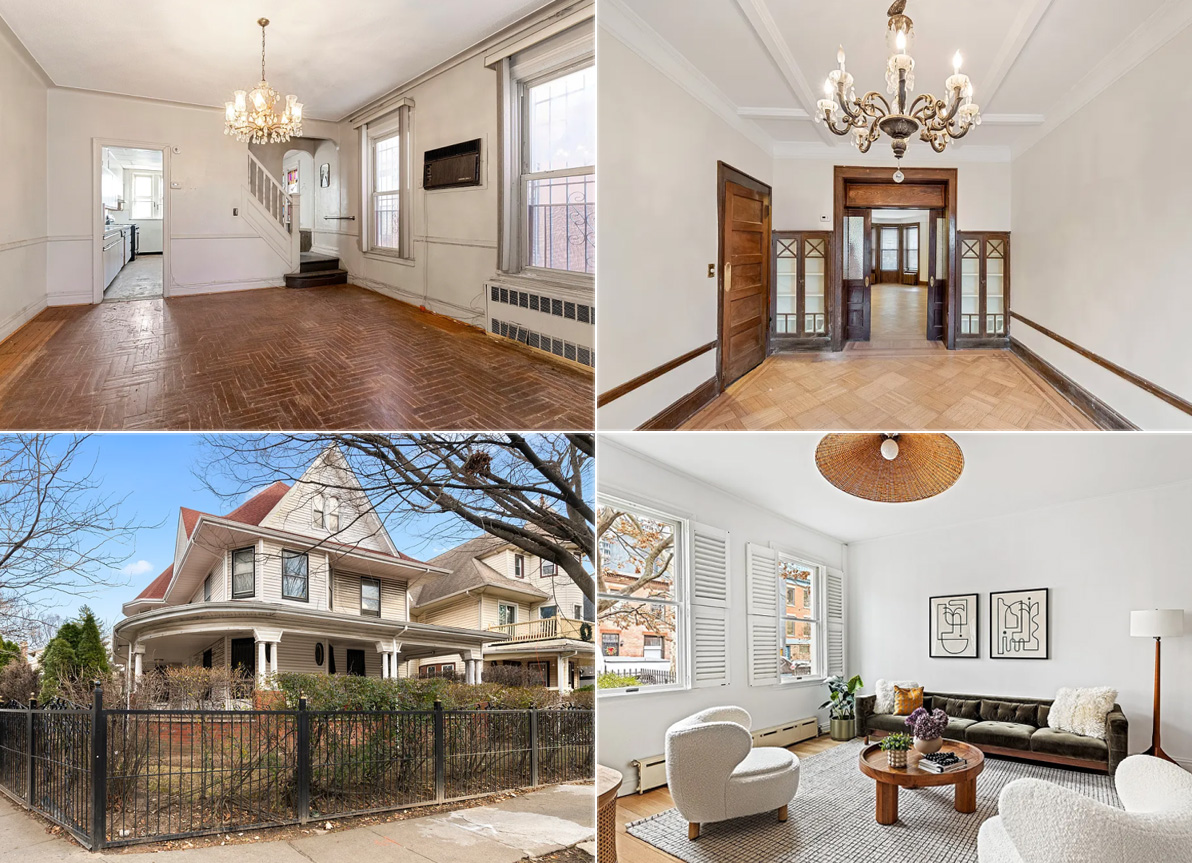
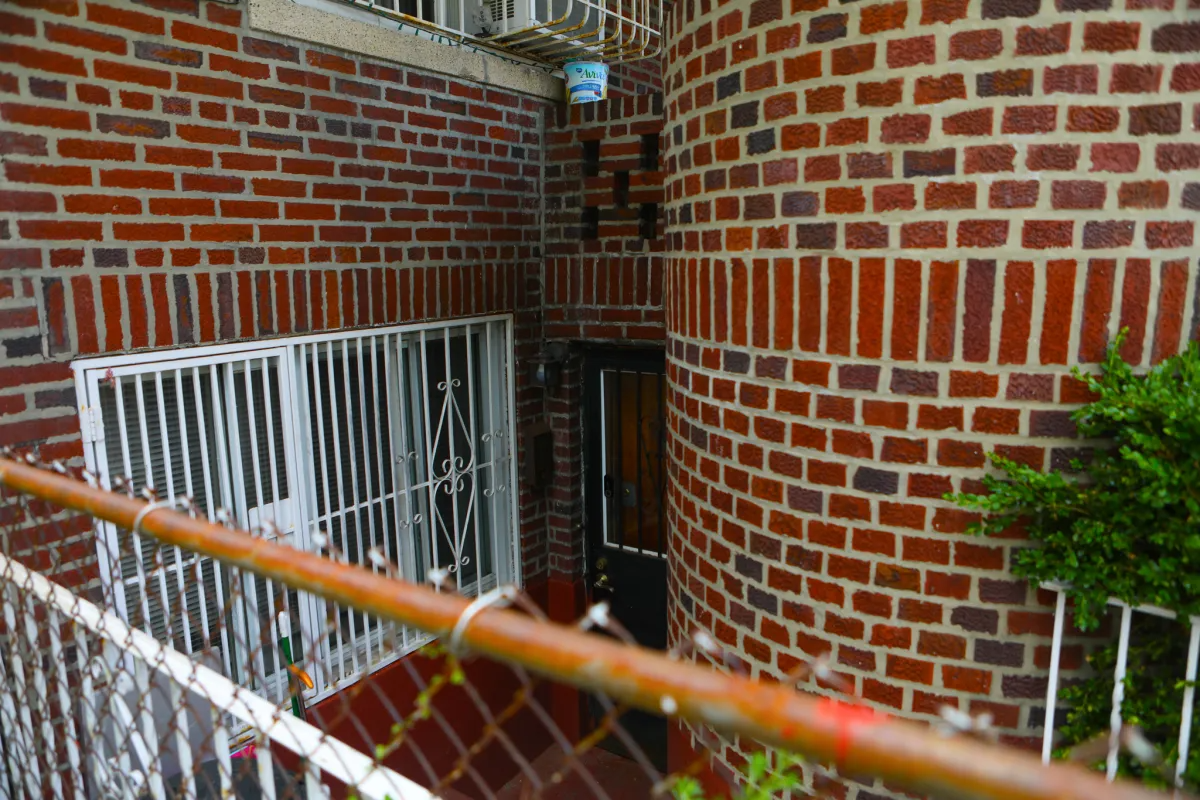
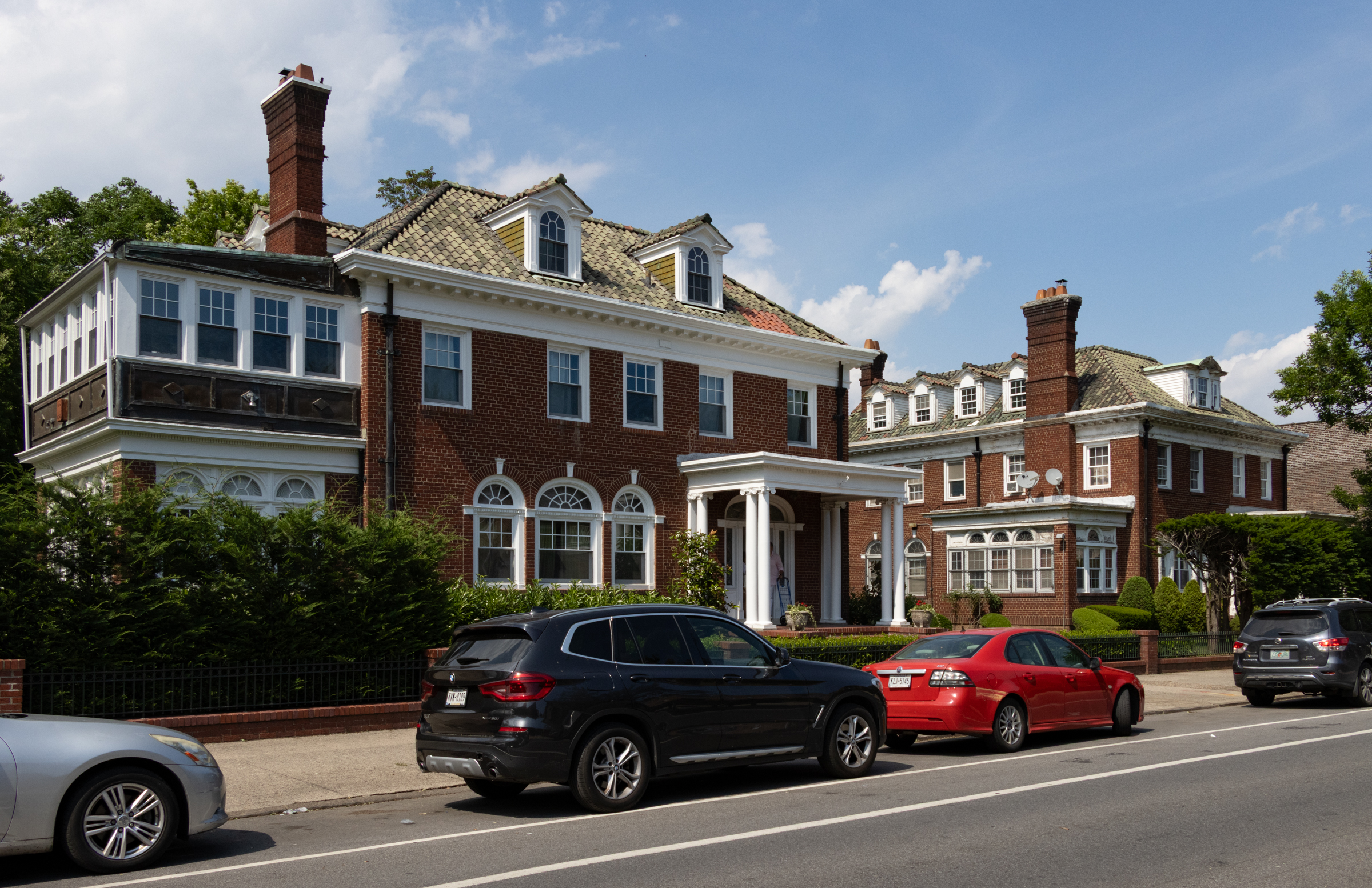
What's Your Take? Leave a Comment